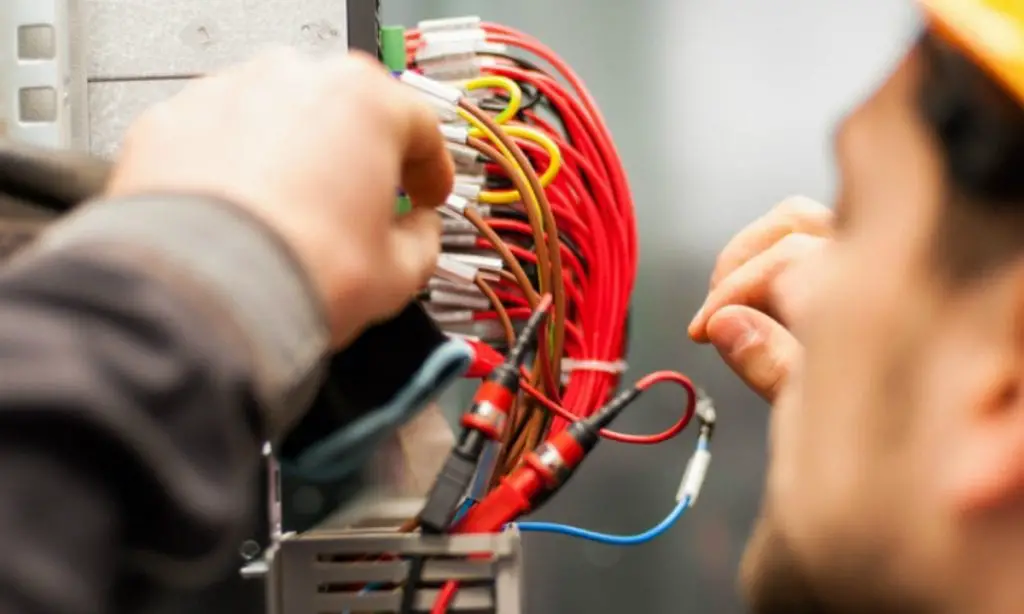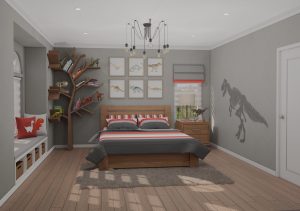Hire a licensed electrical contractor
Replacing or making modifications to your electrical panel is a job that requires a high degree of electrical expertise that should not be taken on by the average homeowner. Hiring a licensed electrical contractor will ensure the job is done right and protect the safety of your home and your family.
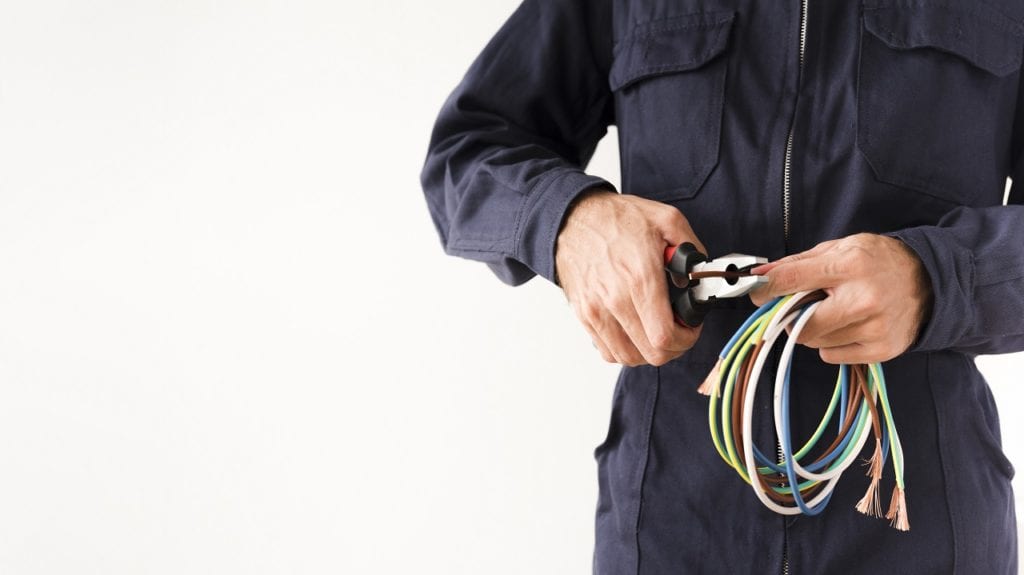
Do not work on electrical systems without turning the power off at the breaker
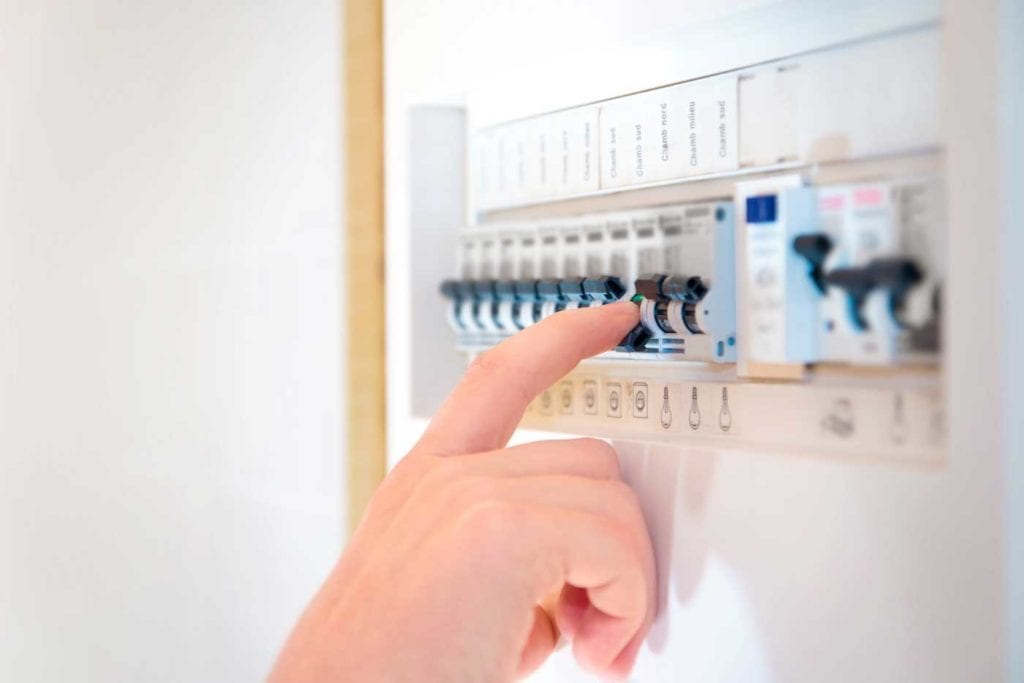
Always remember: electricity and water don’t mix. Before you do any work on electrical systems, make sure you turn the power off at the breaker, and verify the power is off with a tester. This will remove the possibility of an electrical hazard when water comes into contact with any device while you are working.
How to Protect Your Home from Electrical Hazards
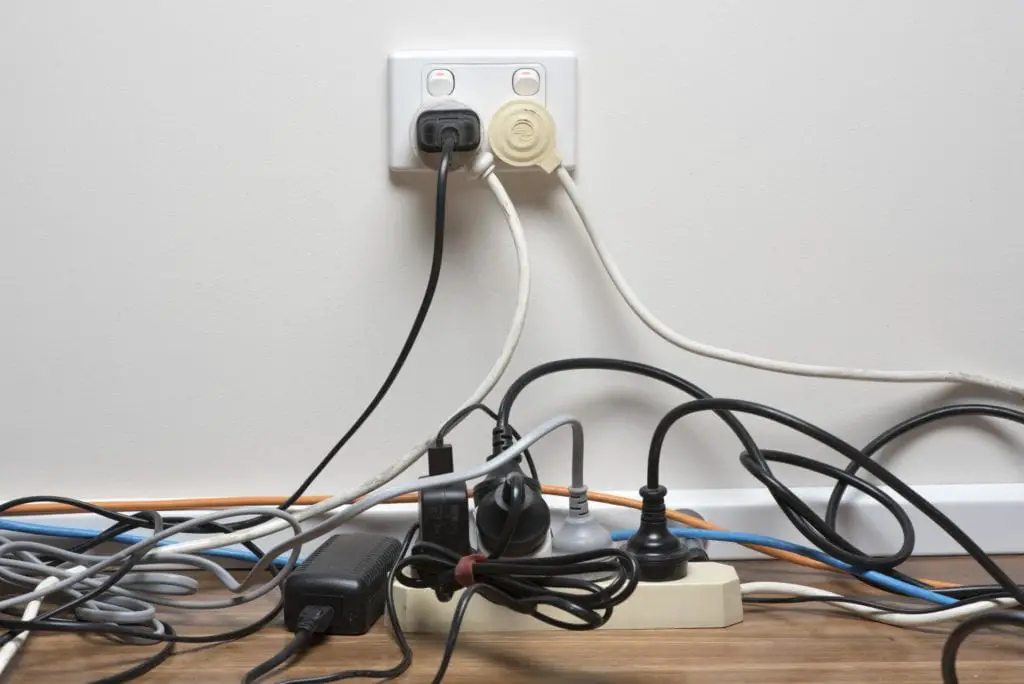
A walkthrough of a typical house would show us certain areas that are hotspots for electrical hazards. These hazards become even more common during electrical renovations that homeowners are tempted to take on themselves. Data on electrical fires show that a lot of cases are actually caused by inappropriate electrical installations by do-it-yourselfers.
Remember: the most important part of any electrical work is to ensure you and your family’s personal safety. Follow these guidelines to protect your home from electrical hazards.
Do not install the wrong receptacle
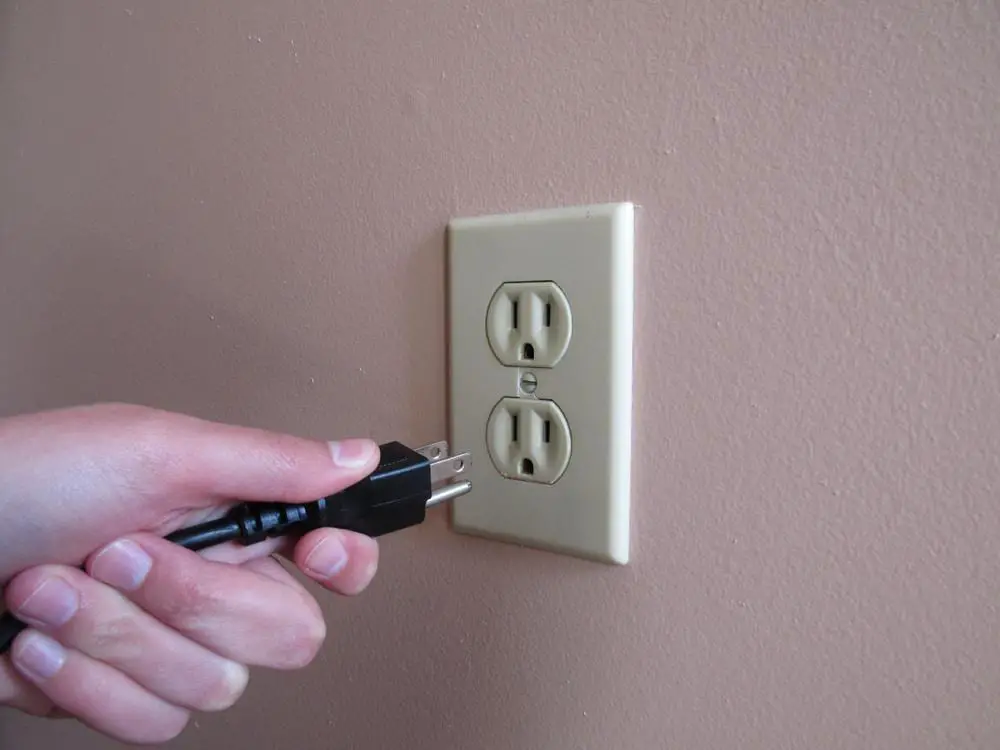
When it comes to home renovations, one of the most popular areas is the kitchen. And kitchen renovations often involve changes to the electrical receptacles or outlets. While it is very tempting to go from the old style to the new style of receptacles, you should proceed with caution.
Did you know that depending on the age of your house, you could have up to five different voltage and amperage combinations within the same wall space? If you install the wrong combination, they will blow up when you turn on the breaker. Consult with an electrician to make sure you are putting in the right receptacle.
Do not use extension cords for permanent installations
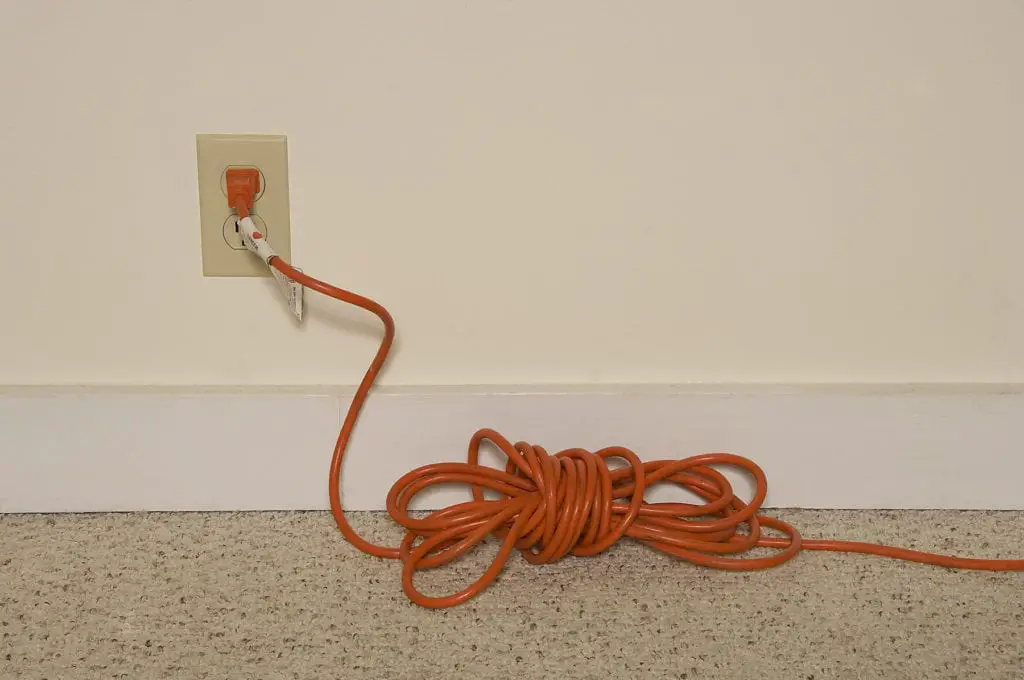
The focal point of any family’s home has to be the media center. But this area can create some true challenges when it comes to electricity requirements. Extension cords are commonly used for the various appliances in the media center, but this is a big mistake. Extension cords were meant for temporary installations only. The problem is, once they’re installed, homeowners usually forget to use a permanent outlet. Frayed or damaged cords can be easily overloaded, creating hotspots for fire and shock hazard.
Don’t take a shortcut with extension cords. Get a permanently installed outlet to meet all of the media center’s needs.
Do not plug in too many devices to a power cube
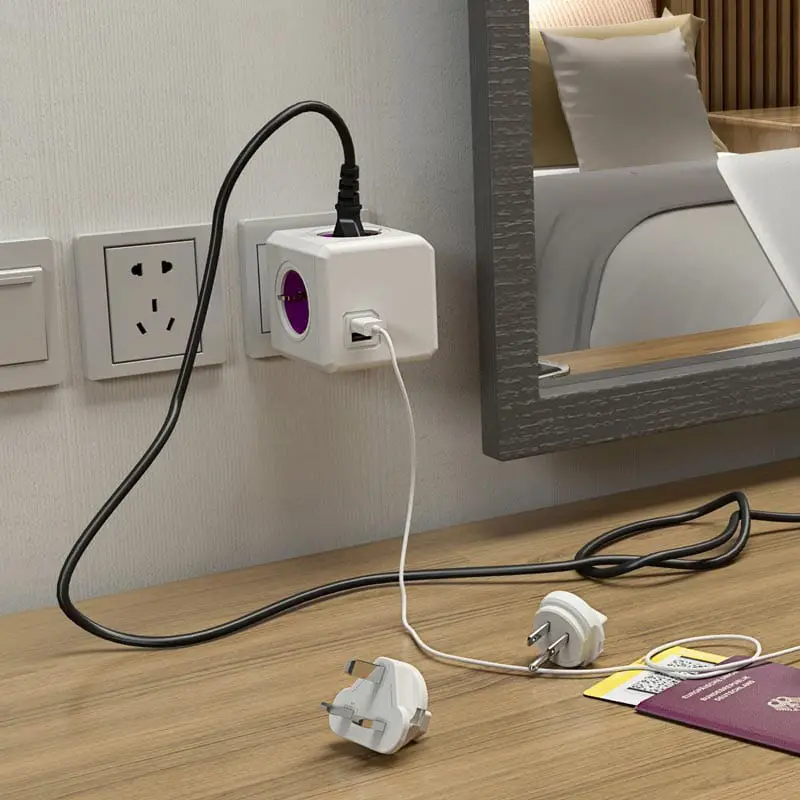
When you have a lot of low-power consuming devices in an area of the house, one option would be to plug them all into an approved power cube. The problem with the cube tap is they are subject to user abuse. You can cascade them by plugging more and more into them, creating a hotspot for a fire hazard.
The better option is to use an approved power bar. An entertainment center power bar offers a number of features over the cube tap. First of all, it has overload protection to regulate the amount of power being used through the device. Second, it has multiple outlets to meet all your needs. Finally, it has surge suppression, which will protect your sensitive electronic equipment.
Do not throw away the insulation on light fixtures
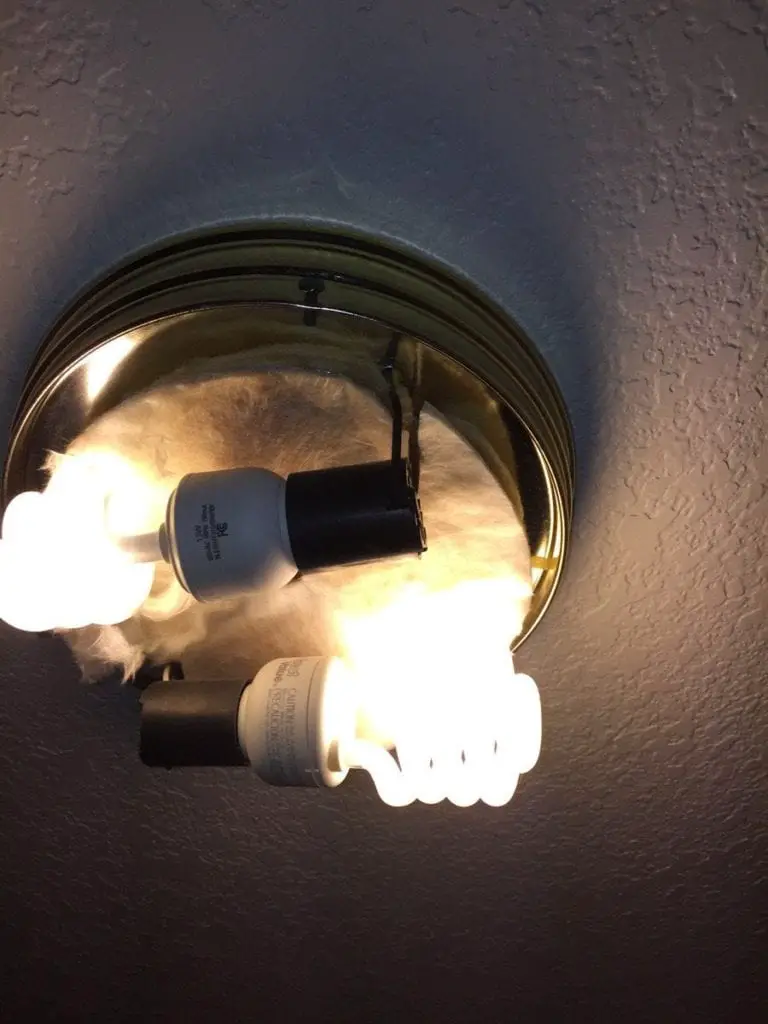
Light fixtures are another popular electrical renovation item. Although they are relatively easy to install and replace, a lot of people make the mistake of throwing away the insulation on top of the fixture. Do not do this. The insulation serves an important function. The heat generated by the light bulb below will be transmitted up through the fixture, and if that insulation is absent, the wiring could suffer and cause a fire.
Do not use the wrong box for ceiling fans
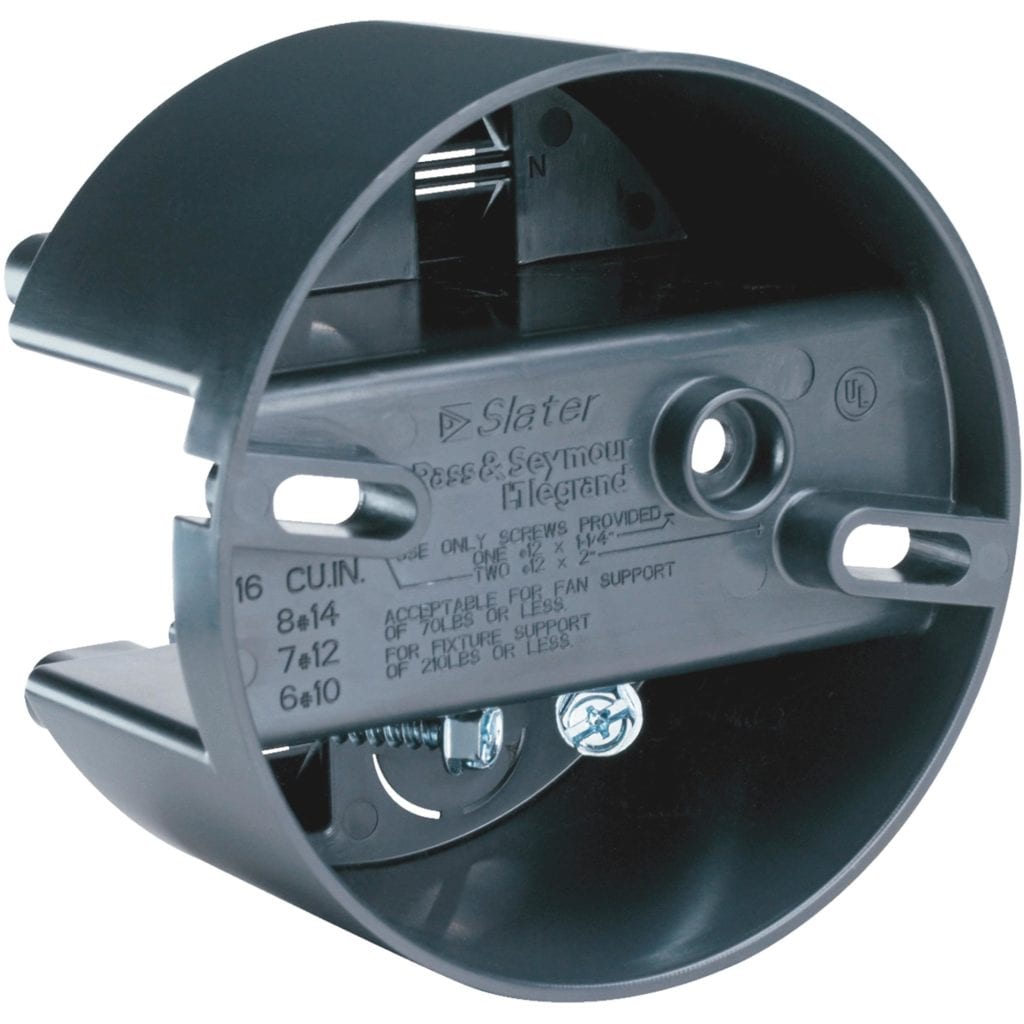
It’s a very popular idea to replace a light fixture with a ceiling fan. However, most people don’t realize that there is a specially approved box for ceiling fans. This box is different from the normal one because it offers additional space to put in things like the remote control and the hanger that helps support the fan. They have a beefier construction and provide a little more mechanical strength which the fan requires. The last thing you want to happen is for a ceiling fan to vibrate over years of use and come crashing down.
Do not put hot lights in the wrong area
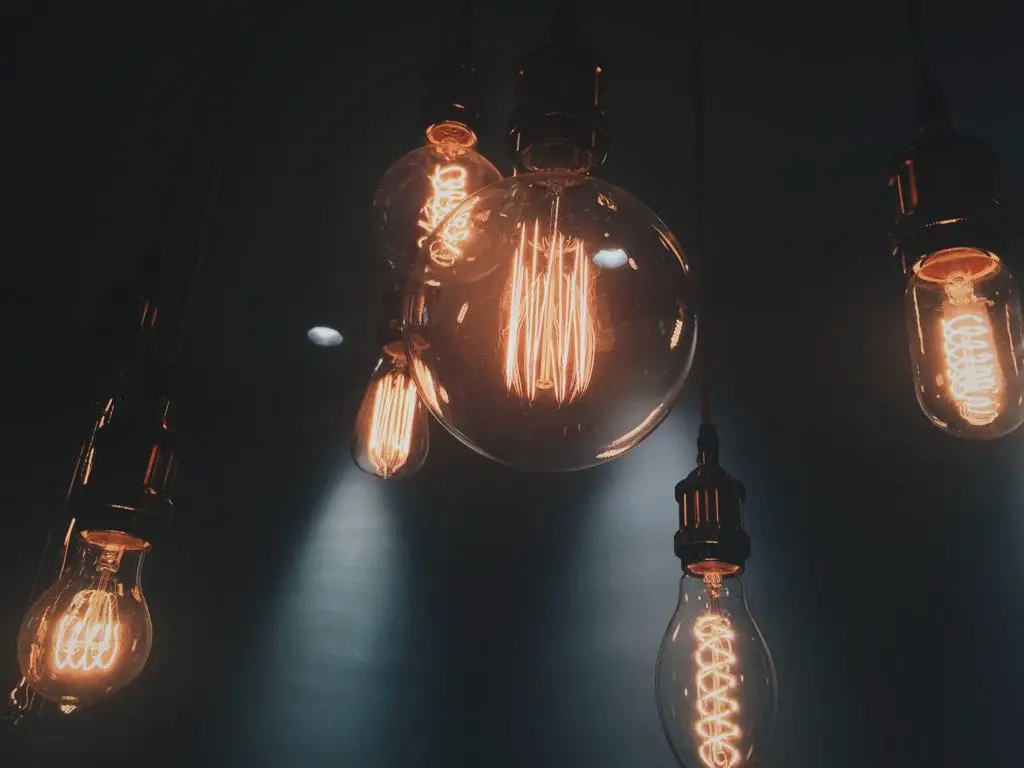
Hot lights area a real crowd pleaser when it comes to making the house look better. But it’s important to realize that there are two distinctly different types of hot lights. One is approved specifically for installations on the top floor of a house, and one is for other areas.
The top floor of the house usually has thermal blanket insulation. The wrong type of hot light produces a lot of heat, combining with the heat from the thermal blanket insulation and leading to a fire. So it’s important to use the proper fixture that has the design capabilities for the area.
Do not forget to mind overhead power conductors
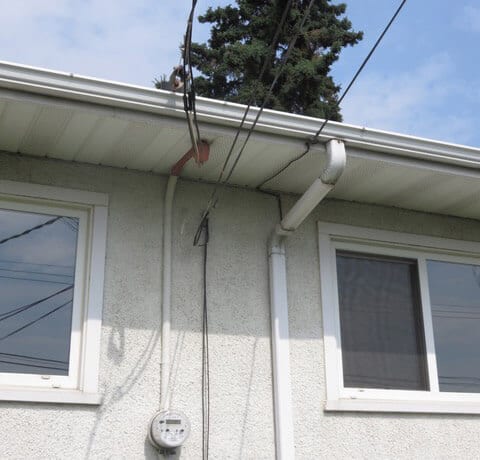
When doing tasks outdoors such as cleaning eavestroughs or washing windows, keep in mind that there is a hazard of overhead power conductors. So make sure you respect the power. Look up and look out.
Keep a fire extinguisher handy
Investing in a fire extinguisher for your home is always wise. While often overlooked, this simple piece of equipment can put out electrical fires before significant damage occurs. Understanding how long a new extinguisher should last is essential, too. Typically, a well-maintained fire extinguisher should serve around 10-12 years. While you’re at it, create a fire escape plan in case things get out of hand.

